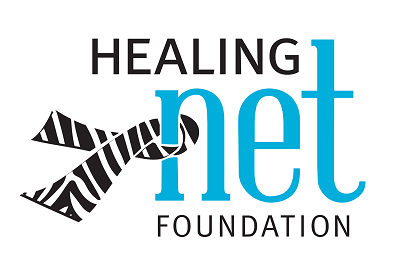OPEN COMMUNICATION AND TRUST
NET patients with indolent disease will be followed over many years, even decades. Trust and open communication will help when addressing the medical issues that emerge during this period, which may be varied and unexpected. NETs are one of a few tumor types that need to be managed not only for control of tumor bulk but also for control of excess functional hormone production and secretion. Additionally, as with many long-term, chronic diseases, there may be quality of life issues related to their illness, such as:
- insurance and
- financial issues
- psychological and emotional distress
- caregiving and social network deficiencies
- palliative care needs
These will often necessitate the involvement of ancillary services and/or referrals during the course of treatment. As with all chronic disease, other health issues NOT related to NETs may emerge that need attention.
Over the course of the treatment period, patients will be making treatment decisions that are often less than clear-cut and for which they will rely heavily on the judgment of their physician. Establishing a trusting relationship is imperative in NET patient care, and establishing effective communication is a cornerstone of that trust.
TIPS ON BUILDING COMMUNICATION AND TRUST
- Allow extra time for the initial visit and a comprehensive history to determine the extent of the issues and evaluation of functional disease.
- Provide clear directions for how to communicate with the office and practitioner between appointments for questions, scheduling, prescriptions, etc., and set expectations for timely responses.
- Allow ample time for explanation of the disease and what is being discussed as well as patient questions. Consider having the patient work more closely with advanced practice providers and nurses to give them ample time to discuss their symptoms and concerns.
- Ask what the patient understands about what you have covered in the appointment so you can tell if the patient has comprehended what you have spoken about. A nervous or stressed patient may have great difficulty remembering what has been said. Guide patients and their families to trusted resources and provide supportive materials for patient and families to review at home. It is often helpful if the patient is accompanied by a family member or a friend at appointments.
- Regularly ask if patients have any concerns that have not been addressed, and provide a safe environment and receptive demeanor to elicit concerns regarding sensitive subjects. Excess hormones can create embarrassing issues that may be uncomfortable to discuss; these can be addressed with proper intervention. Encourage patients to share their concerns/issues even if they are unsure of the relation to their disease.
- Treatment paradigms can differ dramatically from patient to patient depending on many things. Be honest about what is known and not known about NETs and the efficacies of specific treatments. This helps establish reasonable expectations of care and trust. It is important to take time to explain why certain treatments and interventions are offered or not suitable at each point of care for the NET patient. Answer questions as fully as possible and offer to further investigate unknowns. Facilitate consultations and second opinions as appropriate. Help patients weigh the risks and benefits of treatments.



